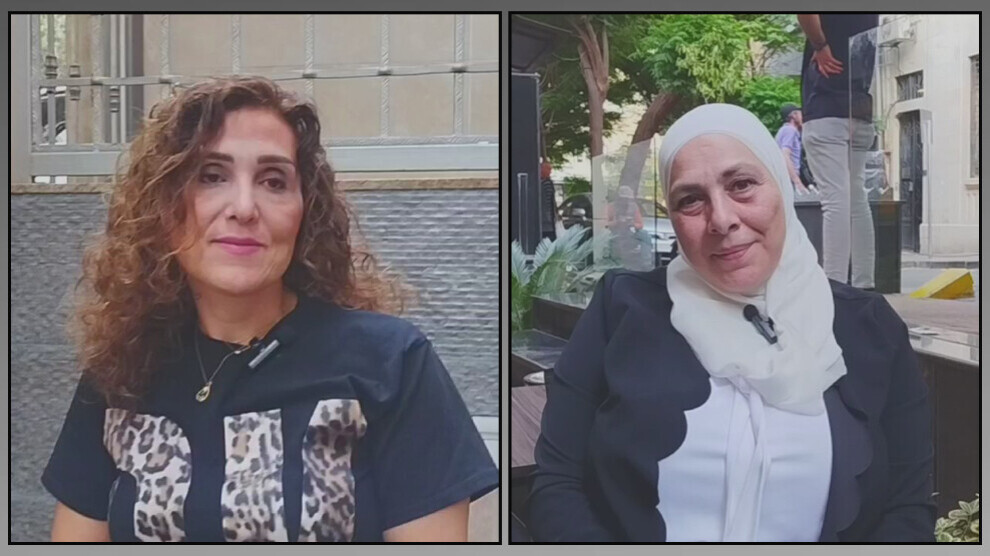Women want to play active roles in Syria
Women in Syria want to participate in politics, decision-making positions and peace negotiations.

LAMIS NASSER
Damascus- Before 2011, women in Syria made great efforts to demand and fight for their rights despite the Assad regime’s oppression. Despite their efforts, they were excluded from participating in politics and decision-making positions.
Despite all the restrictions, women played an important role in culture and society, managing to open small windows in the walls of prohibitions. Today, they are determined to build a new Syria, where they participate in all facets of life, including politics, decision-making positions and peace negotiations.
Samia Nahhas, an art curator and art therapist at the Hayat Institution in Damascus, recalled her art journey that started in the 2000s. “As women, we could carry out art activities but not comprehensively due to the regime’s restriction. We worked in a restricted environment, trying to overcome the obstacles; however, we realized that the decision was beyond our control.”
Samia Nahhas believes that women have a strong will and experiences to overcome the obstacles faced by them. “Women began to participate in politics after 2011. Today, our dream is to empower women’s participation in politics, decision-making positions, economy, art and culture and social life.”
Civil activist Dana Abdeen started working for nongovernmental organizations before the Syrian revolution in 2011. “Conferences, workshops, and seminars were held for some women but everything was controlled by the regime,” she told NuJINHA. “It was impossible to discuss domestic violence, discriminatory laws, or political freedoms. Women, who tried to work independently or raise awareness about sensitive issues, were excluded from society or threatened.”
Dana Abdeen thinks that 2011 was a milestone for women to break the chains of slavery. “Women began to establish independent organizations and initiatives and to participate in politics and decision-making positions although they paid a heavy price. Now, we dream of a country that recognizes women as partners in politics, decision-making positions, legislation, the media, and peace negotiations.”
